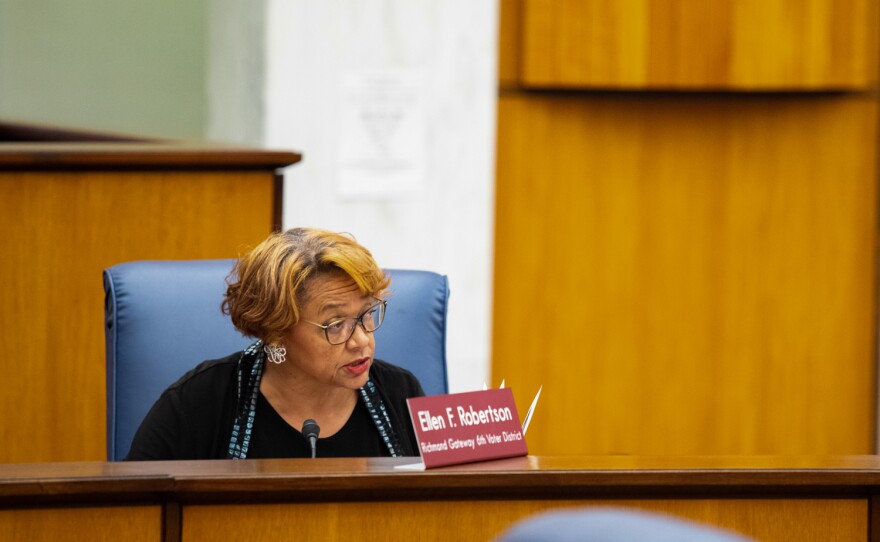Richmond City Councilor Ellen Robertson recently asked Kevin Vonck, the city’s planning director, if zoning rule changes could help the River City reach 400,000 residents — almost twice as many people as it has now.
“I think the city could do that population,” Vonck answered. “Even with the zoning in place we have right now.”
Robertson asked the question, not in her role as 6th District councilor during a City Council meeting, but as one of nearly 20 volunteers on an advisory council created to help Richmond rewrite its zoning code for the first time since 1976.
Housing supply is just one of the issues the city is considering during the zoning code overhaul, a years-long process that will bring major changes to Richmond that officials say are needed to realize its future plans.
While the code was re-written last nearly 50 years ago, it has undergone changes throughout the years that the city says gave “piece meal updates.” This includes allowing most single-family homeowners to build accessory dwelling units on their property.
The process will require the city to create new zoning categories and descriptions, and then map the categories to every parcel in Richmond. It will shift how land can be used, where certain types of structures can be built, how tall buildings can be and is expected to create new ways to configure development.
It’s also one of the six “big moves” in the city’s master plan, known as “Richmond 300,” to help expand housing, improve public transit access, create more walkable neighborhoods and reach other long-term goals.
As the city works to rewrite the entire code section and weigh an array of issues, it’s asked residents to attend open houses — where Richmonders have shared feedback on proposals — and through the advisory council.
Apart from Robertson, the advisory panel includes housing and development consultants, faith leaders, a restaurant owner, the former project manager of Richmond 300 and others. Unlike the others, Robertson is the only advisor who will get a final vote on the rewrite.
The advisory group, which has been meeting since June 2024, heard a presentation on draft districts from consultants hired by the city at its latest meeting last week, discussing potential ways to arrange housing units.
At the meeting, Robertson asked Vonck if the code rewrite could help Richmond prepare for potential population growth.
Richmond has just under 230,000 residents, per 2023 US Census data, and has seen a nearly 2% increase in population in the past five years.
Richmond’s rezoning process won’t drive population growth, Vonck said, but instead help the city learn where people want to live and guide its development decisions. Vonck told the advisory council the city’s housing issue isn’t a demand problem, but an affordable housing availability issue.
“Right now, we don’t have enough supply to keep up with the demand, because we’ve seen the prices escalate so dramatically,” he said during the April 9 meeting.
Among housing supply and other issues, the advisory council discussed unit height restrictions, street access and lot widths.
One of the goals of the process is creating greater density within the city — or increasing how many units can be on a single parcel of land. The aim, city officials said, is to keep existing neighborhoods while developing new ones next to improved public transit.
Vonck told VPM News after the advisory council meeting that it’s important for city officials to discuss the code’s objectives with residents and hear what people think.
According to Vonck, the city needs to “make sure that we're getting feedback that's representative of the whole community.”
The process and advisory council’s work, Vonck said, allows the city to review future land use, transportation and help guide where more housing might be needed. Vonck said rewriting the city’s zoning rules is among the several tools it has to develop more housing and increase density.
The volunteer group isn’t a decision-making body; it’s only advising the city on a proposal that will be reviewed by the Planning Commission and then voted on by City Council.
“We have to start somewhere,” Vonck said. “I think it's really important to understand that as we start to put out draft districts — and draft use tables, and very soon we'll have draft maps — to not forget the word ‘draft’ in that.”
The advisory panel will meet next on May 14 at Richmond City Hall. A draft of the new code is slated to be ready later this year and be voted on in early 2026.












